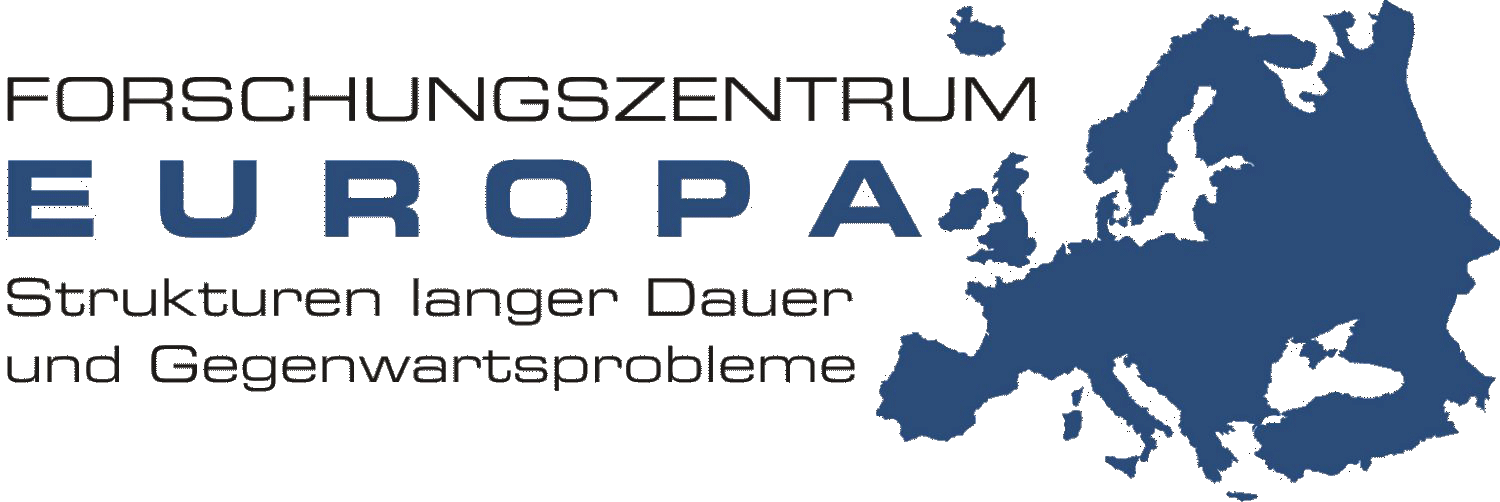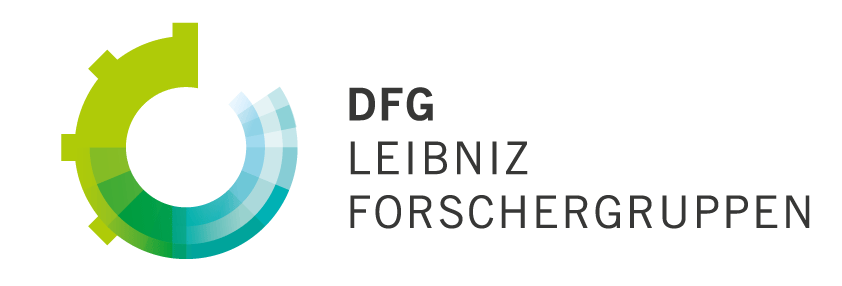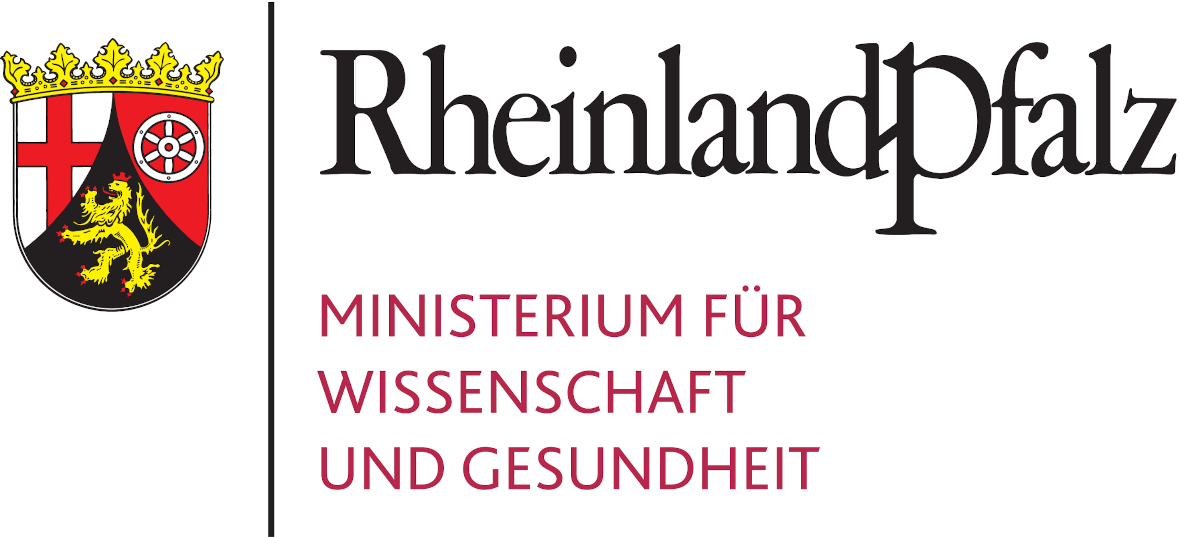Inspection of institutional settings in 1980 or 2005 reveals a myriad of private and public institutes often highly specialized and serving the needs of a small clientele of experts. Many of them are funded by associations or foundations. This large field comprises a smaller area of politicized public interest centred on the nation’s political past and directly concerned with the country’s political culture. In many European states, democratic pluralism has given rise to a specific kind of historical institute managed and financed by political parties or by Churches, and as such bound to militancy, ideology or religious belief. Catholic and socialist institutions were the pioneers of these institutions before the Second World War.
During the post-war period, a first wave of new foundations specialized in historical research and archival documentation on resistance and war occurred in Western and Eastern Europe. In many countries, these institutes were administered and controlled by the government or a public body, as in the cases of the Institut für Zeitgeschichte in Munich, the Commission d’Histoire de la Deuxième Guerre Mondiale in Paris, and the Rijksinstituut voor Oorlogsdocumentatie in Amsterdam. In countries like Italy or Belgium these institutes were run privately and gathered scholars and partisans before they were transformed into public foundations in the late 1960s. Contemporary history was likewise the concern of historical institutes founded by communist or socialist parties in Western Europe. These foundations (like the Istituto Gramsci in Rome, the Friedrich Ebert Stiftung in Bonn, or the Institute Emile Vandervelde in Ghent) principally engaged in research on the history of the labour movement, and they assemble archives and research libraries on that topic. Since the 1970s, other political parties like liberals or christian democrats have joined their socialist and communist rivals by funding centres of documentation, party archives, and research centres. In some countries, these foundations are publicly financed and have therefore been able to develop their own research agendas in contemporary history. However, in Italy the profound crisis of the traditional political parties as well as drastic cutbacks in public funding have undermined both their influence and their activities.
During the 1980s, these party institutes had new rivals in the form of privately or publicly financed foundations centred on the history of an eminent national democratic leader (in France, De Gaulle, Mitterand, or Mendès France; in Germany, Brandt and Kohl).
Last but not least, this pluralism is represented by institutions run by Churches. In West Germany, both the Catholic and Protestant Churches have their own research commissions for contemporary history which engage mainly in research on the periods of the two dictatorships in Germany. In Belgium, the Catholic University of Leuven runs its own research historical institute (Kadoc).
In Eastern Europe, private foundations have been created since the 1990s with the same task of organizing independent but partisan research on conflicting themes of the recent past, such as state crimes under the socialist regimes, the history of the Holocaust in the country, or other themes.
These institutes have augmented the public visibility of research and the preservation of sources, and they have become important institutional linkages between the public at large and professional historians.
Go back to Academies








